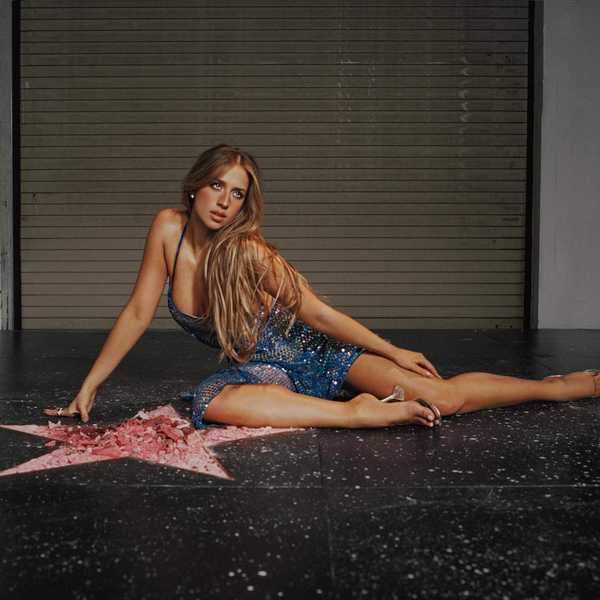Canada’s First Christmas Carol Was In the Huron Tongue
"The Huron Carol,” written by Jesuit Priest Jean de Brébeuf, set to the melody of a 16th Century French carol, “Une jeune pucelle” (“A Young Maid”), is considered the first North America

By Martin Melhuish
"The Huron Carol,” written by Jesuit Priest Jean de Brébeuf, set to the melody of a 16th Century French carol, “Une jeune pucelle” (“A Young Maid”), is considered the first North American-written Christmas carol and certainly Canada’s oldest Christmas song.
Brébeuf, who established the Sainte-Marie Among the Hurons mission near Midland, Ontario, wrote the song there around the year 1642 in Wyandot, the native language of the Huron/Wendat people under the title “Jesous Ahatonhia” (“Jesus, he is born”).
He was ritually tortured and burnt at the stake by the Iroquois, enemies of the Huron, on March 16, 1649. He was canonized by Pope Pius XI in 1930 and proclaimed a patron saint of Canada by Pope Pius XII a decade later.
The song, which had been presented to the Huron-Wyandot people as a gift, was kept alive among their diminishing number through their oral tradition and found its way from the shores of Lake Huron to an area of Quebec near the town of Loretto. When Father Etienne de Villeneuve died in 1794, the song in its original form written in Wyandot was found among his papers. Subsequently, a French translation was made and many years after that, the English version that most people would recognize, was written by Jesse Edgar Middleton in 1926. The Frederick Harris Music Company held the copyright to those lyrics until “Huron Carol” entered the public domain in 2011.
Many versions of the Christmas hymn have been recorded over the years in its original Wyandot form, in French and English, most notably by Sarah McLachlan, Crash Test Dummies, Loreena McKennitt (under the title “Breton Carol”), The Canadian Tenors, The Elora Festival Singers, Chanticleer and The McDades. Heather Dale released a trilingual version (Wyandot/French/English) in 2002.
The original version of the carol, “Jesous Ahatonhia,” is included on Burl Ives’s album Christmas Day in the Morning (1952) and on Bruce Cockburn’s classic Christmas album (1993), which celebrates its 25th anniversary this season.
At the time of the release of the album, Cockburn spoke to Liane Hansen of National Public Radio in the U.S. for a show titled “Revisiting Traditional Carols with Bruce Cockburn” during which he gave a little background on his connection to the Christmas hymn and gave it some historical context.
“There are two little villages near Quebec City in which there are people who think of themselves as Hurons, but they will not admit to speaking Huron, probably because even if some of them do, they've been told year after year that it's a bad thing to do, that they should be embracing modern culture and so on. But my friends, who were searching out the correct Huron pronunciation for me, were steered by the people in those villages to a guy named John Steckley at the University of Sudbury in Ontario who is a linguist and student of things Huron and actually does speak Huron. He was kind enough to provide me with a tape of him reading the lyrics in the original Huron, so I was able to get out the original pronunciation. I don't know how close I got, but closer than I would have without the help anyway, for sure.
"It is a beautiful tune, and it has always struck me as being a beautiful tune. The English lyrics, which are to be found in Canadian hymn books, are atrocious. They're kind of a bad copy of Tennyson, or something, you know, and very demeaning to my way of looking at things… and patronizing. They talk about children of the forest, and the "Mighty Gitchi Manitou" and all that sort of stuff. That's fine if native people are comfortable doing that, but I'm not comfortable doing that, so I wanted to get the original Huron lyrics.
"John provided me with a translation, and they're actually really good. They talk about the birth of Christ as a liberation from the thrall of evil; and they use the image of the star of Bethlehem, but they name a particular star, and I don't know whether it's a star that existed in Huron mythology or whether it's a real star that they're talking about or a physical star that they've, named as the star of Bethlehem. They talk about the three wise men coming, but they refer to them as three men of great influence who, when they came to where the baby Jesus was, anointed his scalp with sunflower seed oil many times as a sign of respect, and this sort of thing. It's the story retold in that certain Native American context, but retold without being patronizing, or of talking down to the people. It's just put in terms that are cross-cultural."
“Huron Carol” is one of the centrepieces of singer/songwriter/actor Tom Jackson’s annual Huron Carole Benefit Concert Series which travels to 15 cities across Canada raising funds for local food banks and family service agencies. It’s “an evening of contemporary and signature Christmas music along with stories creatively crafted by Tom Jackson and his ensemble of musicians.” This year’s tour, which also featured Over the Moon, Darren Savard, Carly McKillip and Tom McKillip, kicked off in Camrose, Alberta on November 24 and wrapped yesterday (Dec. 18) at Centennial United Church in Victoria, B.C.
Says Tom: “If you told me in 1987 that I’d be committing to a lifetime of producing Christmas shows across Canada, I would have been overwhelmed and may not have even started. I am so blessed to have spent over 30 years on the road sharing music, meeting those we serve, embracing the caregivers, celebrating community leaders and working with corporate investors who are committed to changing the quality of life in their backyard.”

















